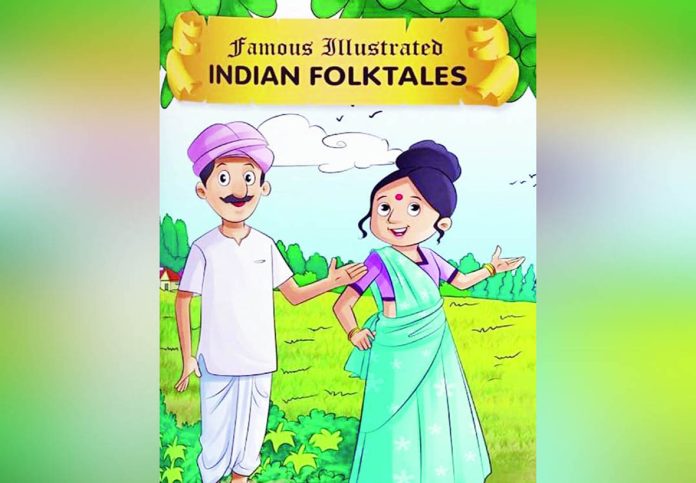Biju Dharmapalan
Folklores, the traditional stories, myths, and legends passed down through generations, have long been a source of fascination, serving as much more than mere entertainment. Folklores often centre on ordinary people who face adversity yet find ways to overcome it, reflecting everyday life’s common struggles and aspirations. This relatability comforts those who feel isolated in their struggles, showing that they are not alone and that their challenges are shared across time and place. One of folklore’s most significant aspects is its inherent simplicity, which makes it a powerful tool for education across generations. Folklores are often crafted to be relatable, encapsulating moral lessons or practical wisdom in a format accessible to children and adults alike. This accessibility makes folklore an effective educational medium, especially in regions where formal education might be limited. Through memorable characters, narratives, and morals, folklores teach honesty, bravery, kindness, and empathy, lessons crucial to shaping young minds. Folklore holds a unique power: it reflects past wisdom, inspires critical thinking, and provides a mirror for self-reflection.
Indian folklore is a repository of India’s diverse cultural heritage. They act as a unifying force in a country as diverse as India, with numerous languages, religions, and social norms. They capture the essence of various regional traditions, dialects, and beliefs, weaving together the vast and varied ethos of the country. Every region, from Kashmir to Kanyakumari, has tales that embody local wisdom, rituals, and social customs. Stories like those from the Panchatantra and Jataka Tales have transcended regions, becoming staples of Indian storytelling.Often written in simple language and rooted in Indian folklore and wisdom, these stories are rich in cultural, ethical, and intellectual teachings, making them an effective medium for education across all age groups.
Indian folklore frequently addresses social issues, challenging established norms and encouraging reflection on societal practices. For instance, the folktales of Tenali Rama, the witty advisor in the Vijayanagara Empire, often question the elite’s excesses and promote justice for the common man. Similarly, Birbal, a wise minister in the Mughal court, features in numerous tales that promote intellectual equality and challenge corruption. These stories teach Indians to value wit, intelligence, and fairness, subtly questioning the authority of those in power. By embedding reformist ideas within entertaining narratives, Indian folklores provide a soft yet powerful critique of societal hierarchies, encouraging progressive thinking.
Many Indian folklore emphasize the bond between humans and nature, imparting lessons on environmental stewardship that resonate with India’s agrarian roots. Stories about sacred rivers, protective spirits, or revered animals highlight the belief that natural entities are to be respected and cared for. These folklores encourage respect for nature and promote sustainable practices passed down for generations, making Indian folklore a powerful medium for environmental consciousness.
These tales often highlight shared human experiences, bridging cultural gaps and fostering a sense of collective identity. By addressing universal themes-love, sacrifice, resilience-folklores help communities connect over shared values despite regional or cultural differences. Folklore serves as a reservoir of collective wisdom, transcending time and geography to educate and reform society. Its remarkable ability to touch hearts, prompt reflection, and inspire action makes it indispensable in both formal and informal education.
In an era dominated by digital technology, folklore may seem antiquated, yet its relevance has only deepened.
Modern storytellers, educators, and social reformers can adapt folklore for contemporary audiences, harnessing its emotive power to foster empathy and awareness. Dramatization of folklore has immense potential to reform society by bringing age-old wisdom to life in a dynamic and relatable manner. Through dramatization, issues like gender inequality, caste discrimination, or environmental degradation can be highlighted and questioned. Programs that integrate folklore into school curriculums encourage students to understand cultural heritage and value ethical principles rooted in their stories. Folk tales dramatized in schools or community centres provide informal education in a captivating form. As education systems worldwide aim to create critical thinkers and problem-solvers, folklore emerges as a valuable resource to cultivate these skills early on. By preserving and promoting folklore, we not only safeguard cultural heritage but also empower future generations with values.
(The author is the Dean (Academic Affairs) at Garden City University, and an Adjunct Faculty at National Institute of Advanced Studies, Bangalore.)
Trending Now
E-Paper


